
J's time machine - it's a work in progress.
After reading Mike’s charming Monday post, I had this little fantasy in which I went to the garage, cobbled together a time machine out of leftover fencing and lawn mower gas, and zipped off to the thirteenth century to do a little experiential research.
See, I’m a bit jealous of you contemporary and fantasy writers. I’d sure love to be able to do research by wandering down to the aquaponics shop, or better yet, just make something up to explain magic or shapeshifting or human flight.
With historical fiction, the one thing you can’t do is just make something up, and until I get that time machine off the ground, secondhand experience with a dash of firsthand evidence is all I’m going to get.
But here’s the thing about Mike’s experience that cuts across genre: authority. What gives me the right as a pesky writer – a pesky and obscure writer – to have access to certain information? And who in their right mind is going to take time out of her or his busy day to accommodate me?
The first time I approached a Special Collections desk in a Major Research Library to ask to see a rare book, I was sure the librarian was going to take one look at me, laugh, and point me toward the door. I was not a professor. I was not a scholar. I was not even a Real Writer. I didn’t feel like I had any right to that book, even though it had information that would fill in key gaps in my worldbuilding.

Special Collections - I'd live here if they'd let me.
I hesitated for a long time with the call slip in my hand, even with library and archival training of my own under my belt. At that moment, I felt like I needed a note from someone else giving me permission. I felt like just wanting to know – just needing to know – for some kids’ book about the middle ages wasn’t good enough.
Of course I handed over the slip and got the book without any drama at all, just like Mike’s WIP will be enhanced by his trips to various comic book emporia. As writers, and especially as writers for kids, we have a responsibility to get things right, to present rich and detailed worlds inhabited by complicated characters. That means we need information of all kinds, and that means we have the authority to find things out. Authority is not something that’s given – it’s taken. Anything given can be taken back.
For my part, I think I’ll put the time machine up on blocks and stick to books. Authority is great and all, but I’m not sure I want to arrive bright-eyed in 1294 and bounce up to guys like my rebel leader, Madog ap Llywelyn, and say, “Hey, can you tell me a little about how you plan to feed these guys all winter? What’s in your bag? What do you plan to put on that cut? And hey – what about your underwear?”



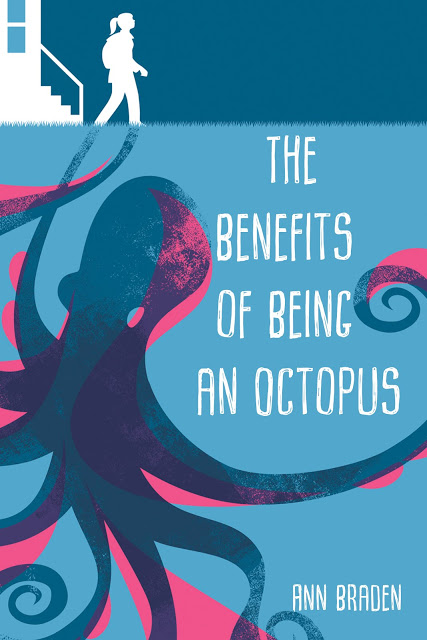
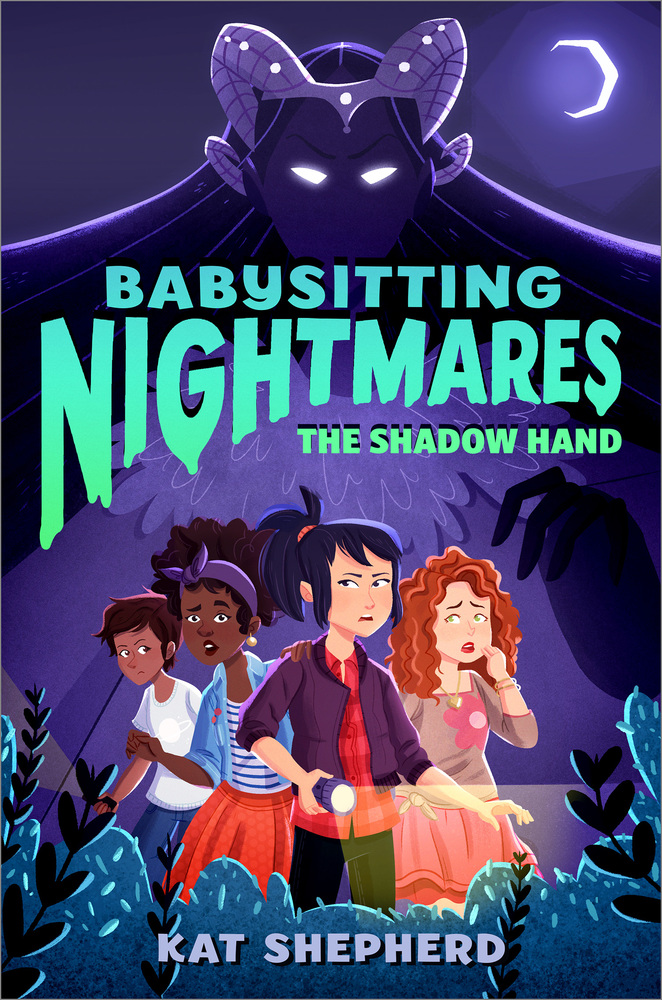
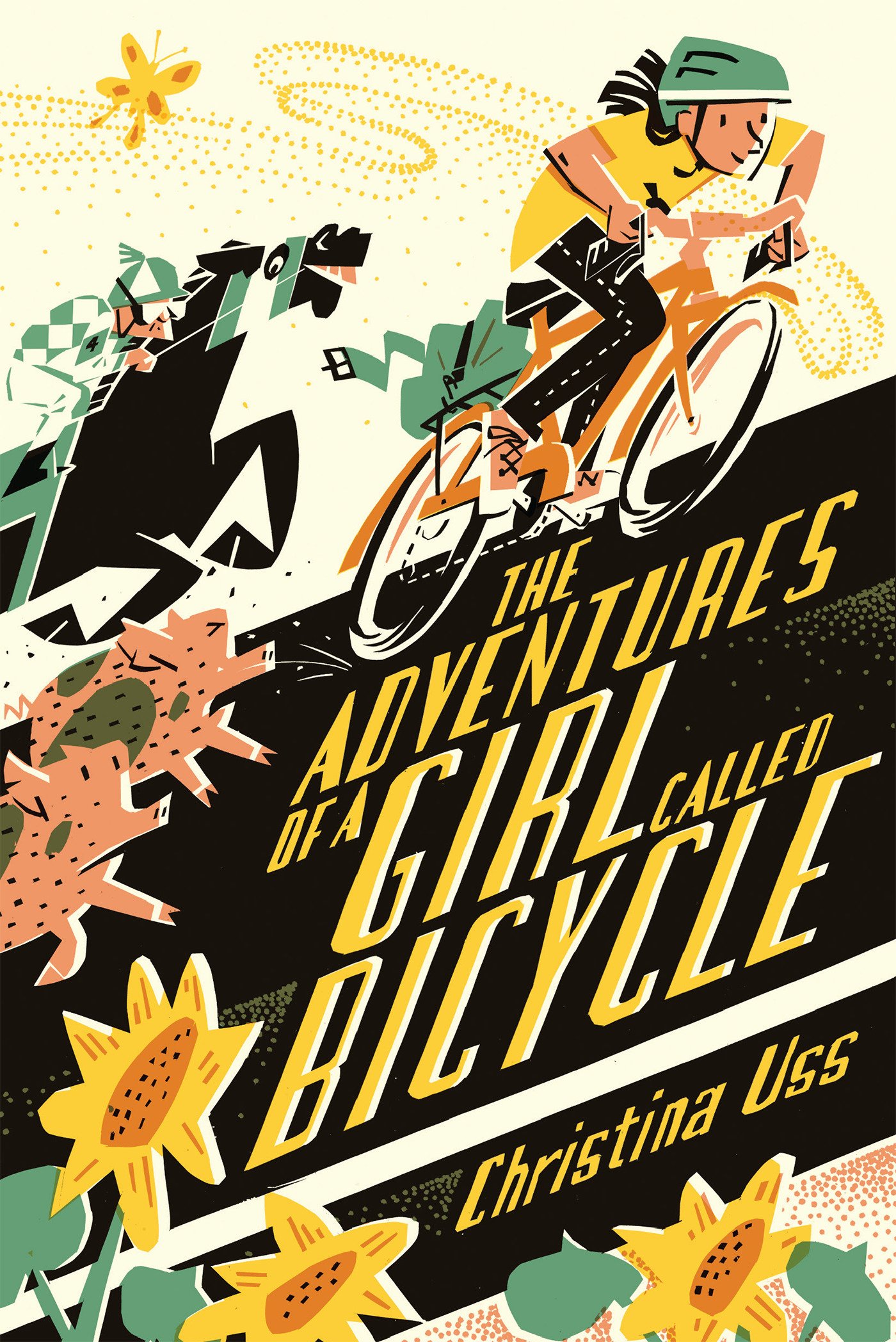





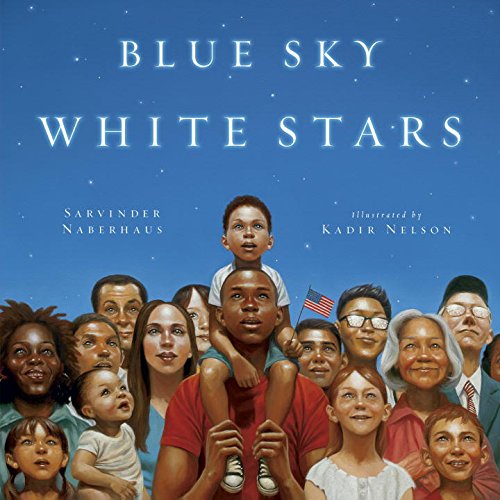


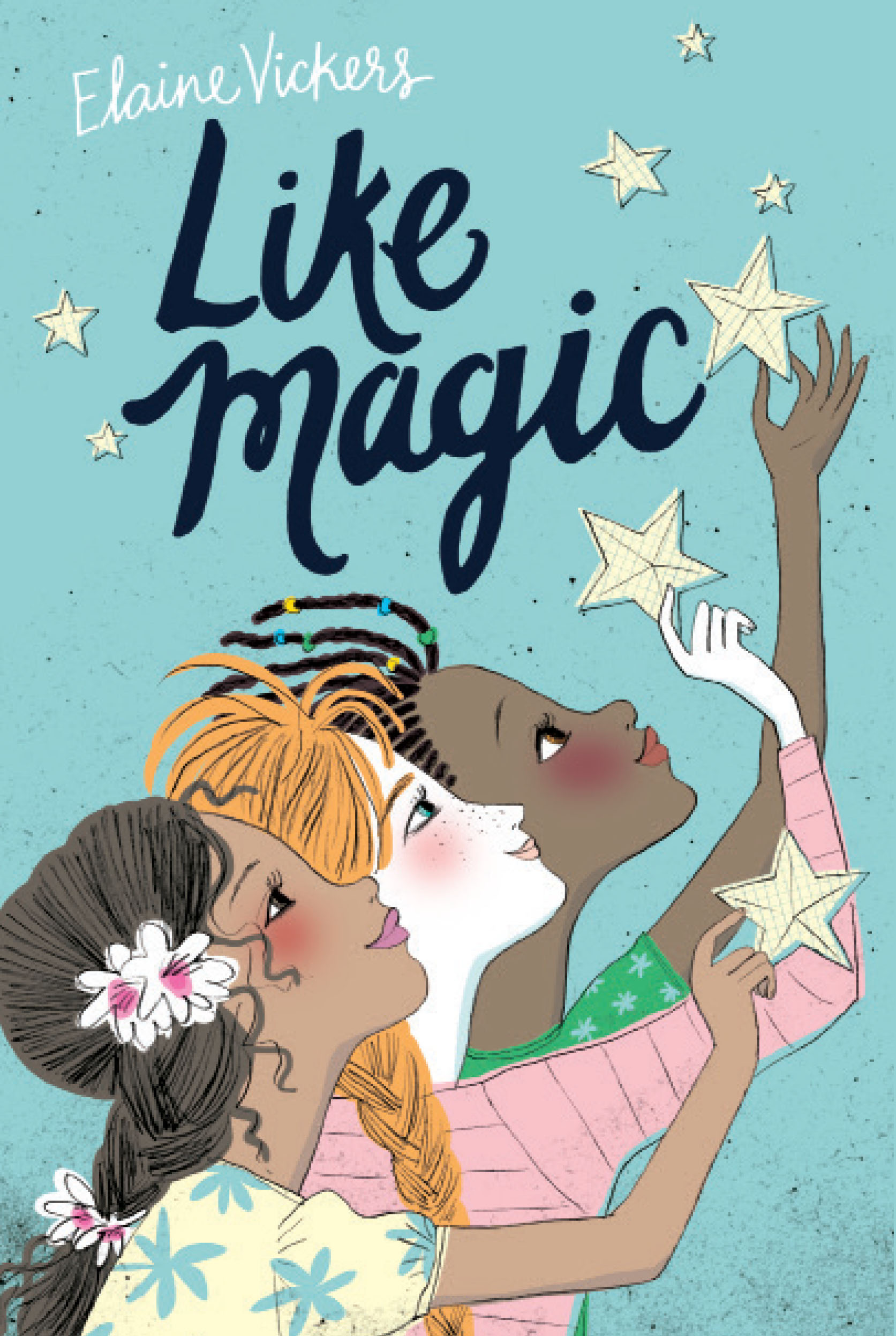
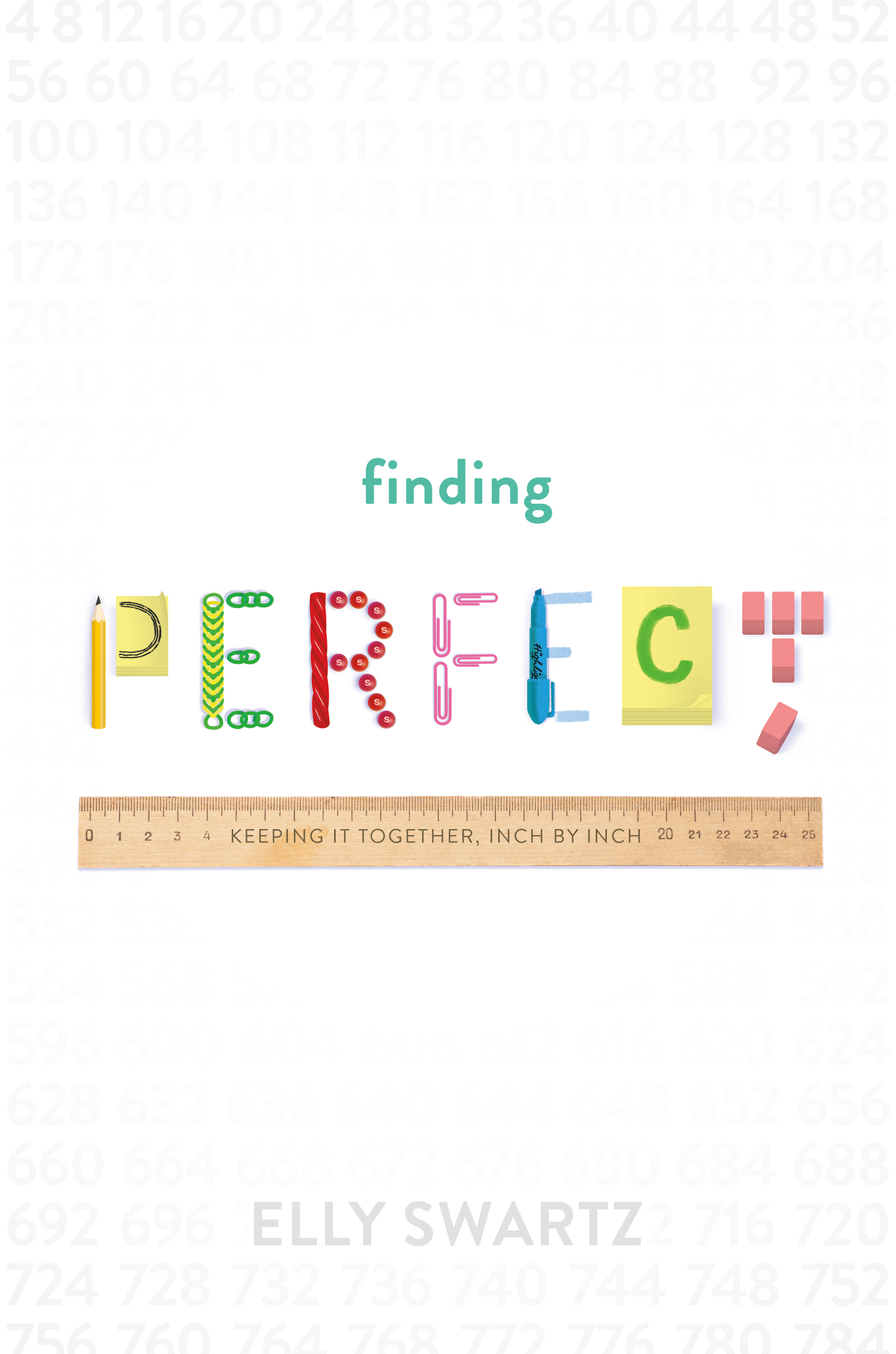


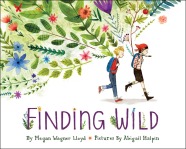
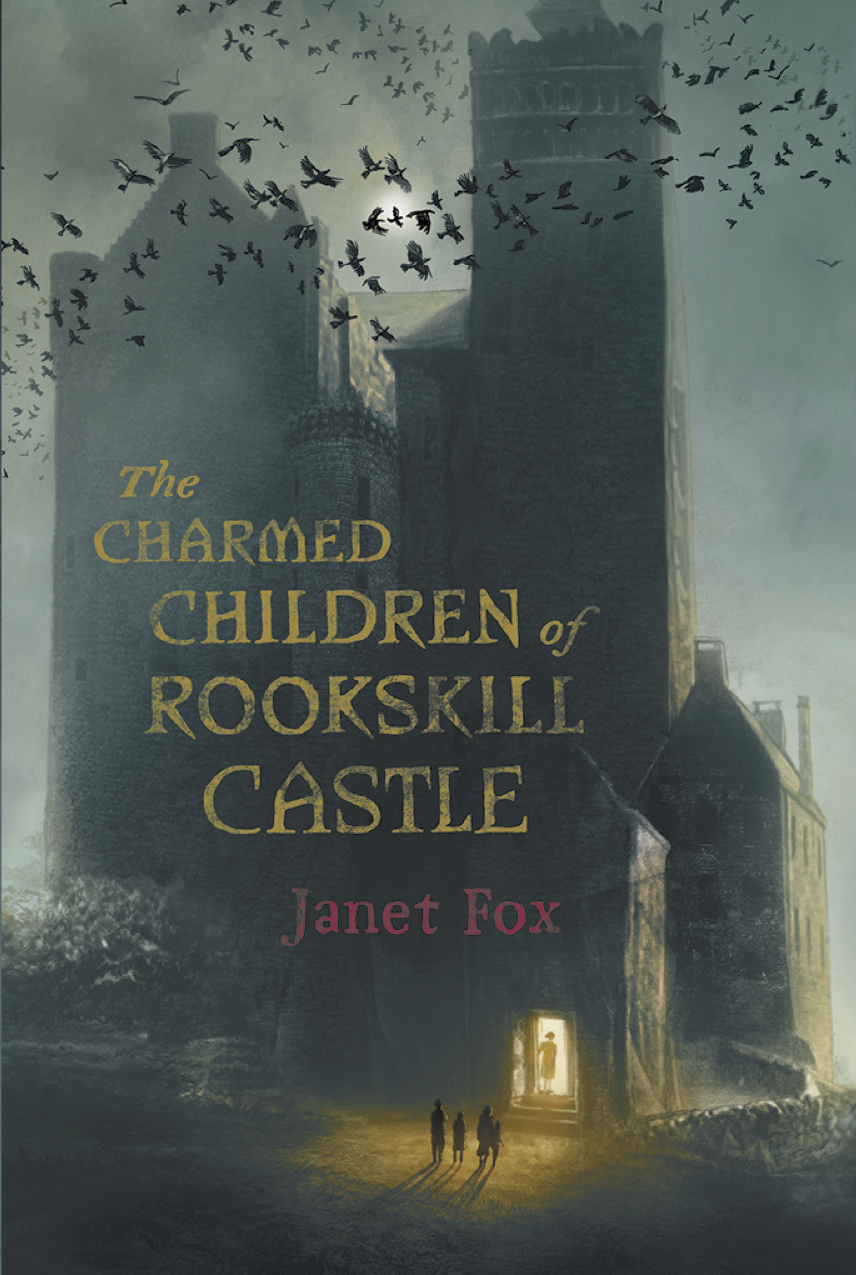
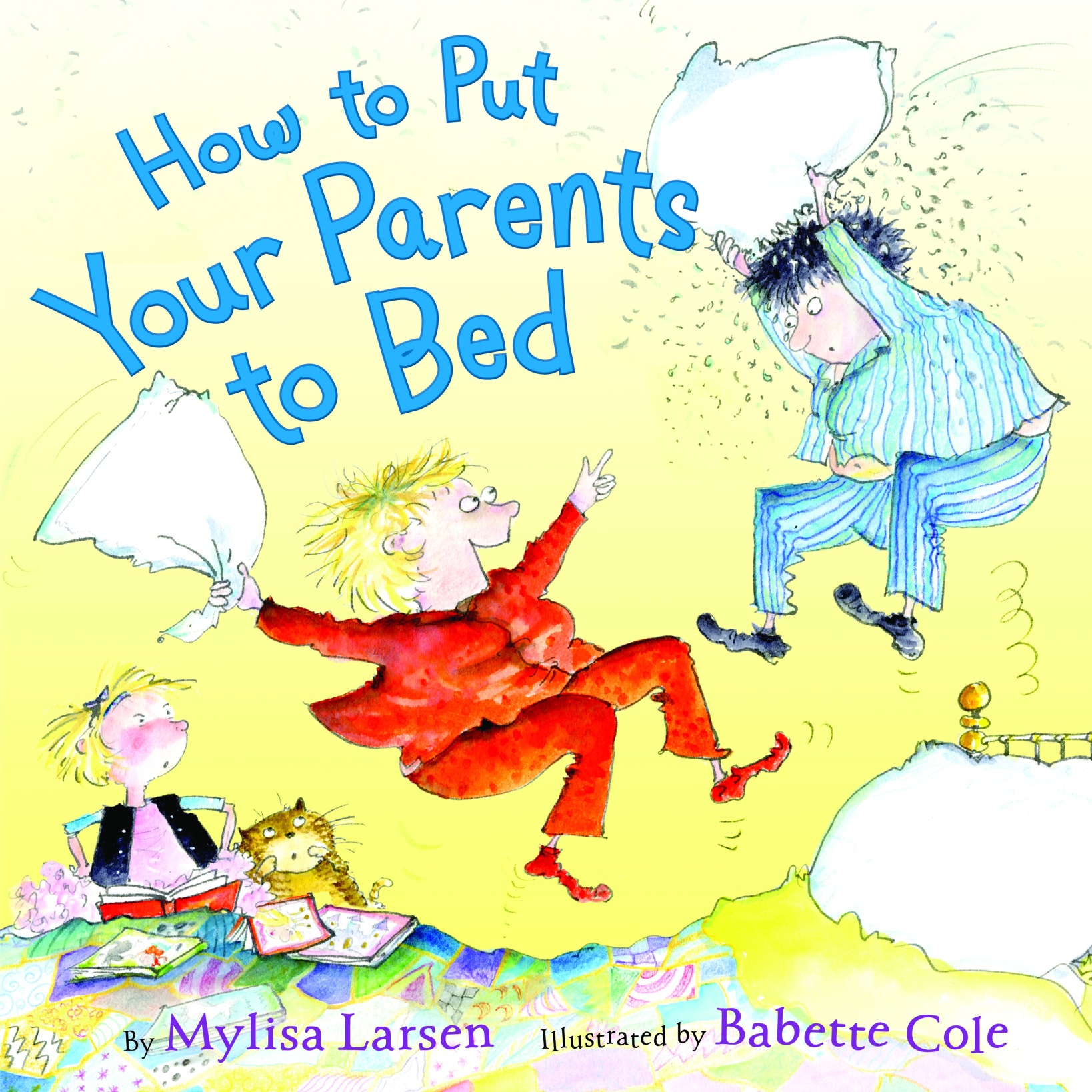
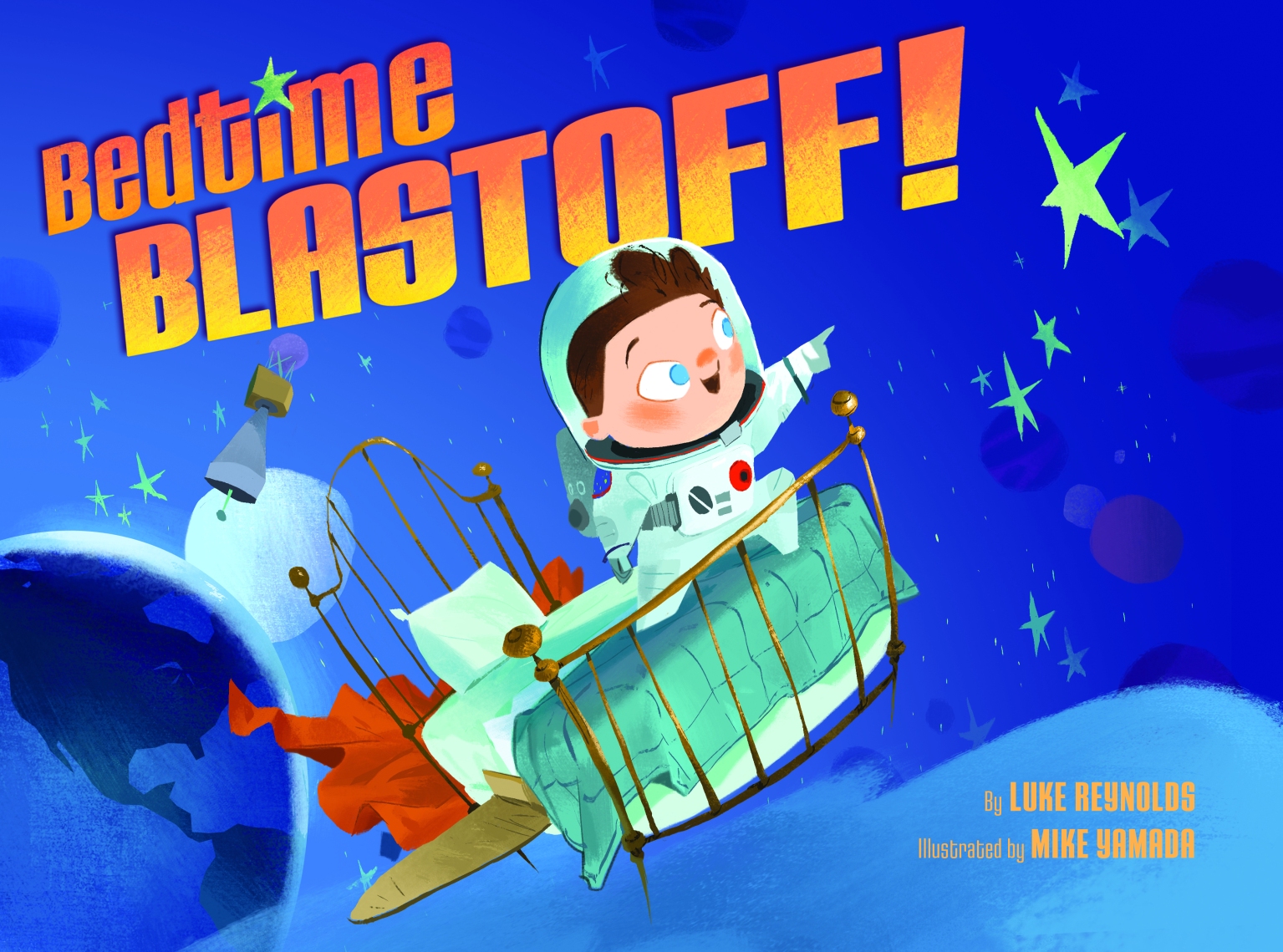


“Authority is not something that’s given – it’s taken.” I love this statement–another EMLA quote for above my desk.
Yes, you definitely have special obstacles in immersing yourself in the 13th century. Some day, though, I’d love to write nonfiction for which I don’t have to interview anyone because they’re all dead! Other people might take issue with my ‘facts’ but, at least the principals couldn’t kibitz.
LikeLike
The good thing about the thirteenth century is that all I have to go on is what people did; I get to ascribe motivations and reasons for people’s behaviour.
The bad thing about the thirteenth century is that I don’t have anything to go on but what people did, so I have to figure out what sorts of things would drive their behaviour.
LikeLike
My husband is a historian, and one of my projects was based on his research. Very handy. My brain goes all funny when I have to read non-fiction, so it was helpful to have him translate and, um, summarize. But I liked researching clothes, cooking, clothes dying, etc. It’s such a fascinating change from contemporary fiction. And while very few people know if you’re wrong, it’s cool to know you’re right.
LikeLike
The part that took me years to unlearn was just because you know all this stuff, doesn’t mean it all has to go in your book. I’ve got *lots* of teenage trunk novels that prove this point nicely.
LikeLike
Can I eavesdrop on your conversation with Madog? (I write about the 15th century – I’m totally with you!) Great post!
LikeLike
Sure, if he’d go for it. He’s pretty self-aggrandizing, so he’d probably love the attention.
There’s room for two in the time machine, but you’ll have to bring the snacks since I’m springing for gas.
LikeLike
Twizzlers, Doritos, Raisinets, and diet Pepsi. Sound good?
LikeLike
Perfect. I’ll pick you up around 5.
LikeLike
Based on the list of questions you have prepared, J, I really think you should NOT put the time machine up on the blocks. I mean, you would get a whole novel’s worth out of just the interview!
It is always interesting to me to hear about people who don’t think they have a “valid” excuse for accessing knowledge in museums and archives. I think all reasons are valid. I worked for eight years in the curation/research department of a university anthropology museum, and for another three in a small city history museum. We had requests for information of all kinds–people who were writing novels, researching family history, doing science or pseudo-science (we had one researcher come in who was looking for evidence of aliens at Mesa Verde). We had artists who wanted to look at ancient pottery to study design, restaurant owners who wanted old photos of the town to create ambiance in their establishments, musicians who wanted to “feel the aesthetic” of part of the world to enhance their music… We honored all requests, as long as they were respectful of the culture/people that was potentially impacted by them, because that’s why museums preserve things–so they can be a source of knowledge.
One good reason for incorporating history or science in novels for kids is that it can get kids interested in those topics for the future, so I think your reason for research is a very valid one.
LikeLike
And the interesting thing is how long it took to unlearn the idea that I didn’t have a “valid” claim to information – I was well into library school before this happened.
I have never had a librarian or archivist or museum curator ever tell me no, even when I was a teenager in Birkenstocks. I learned to ask for gloves and tell them I’d already washed my hands. Probably why I went into librarianship in the first place.
LikeLike
I was thirteen the first time I asked to see a couple of titles held in the reserved section. The librarian looked at me, at the request slip, then at me again… shrugged, then said…
“I doubt you’ll be able to understand them.”
But I’d shown up with my own clean white cotton gloves, so she let me read them anyway.
LikeLike
Do you remember what they were? I remember getting “Complete Peerage” by G.E. Cockayne at a pretty young age – twelve big green volumes whose pages hadn’t all been cut properly. I still remember how those pages smelled – mmmm, old books.
LikeLike
You can totally borrow my time machine, if you want.
LikeLike
Does it have heated seats?
LikeLike
Pingback: How much research is too much research? | EMU's Debuts
Pingback: The Green-eyed Monster Should Not have Tea | EMU's Debuts